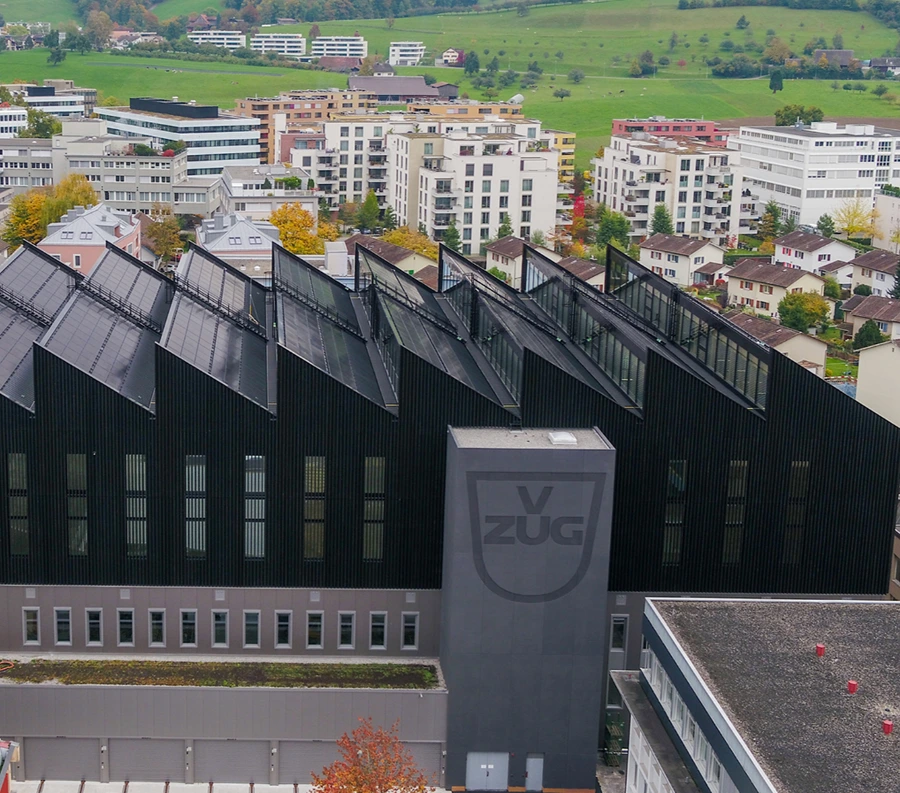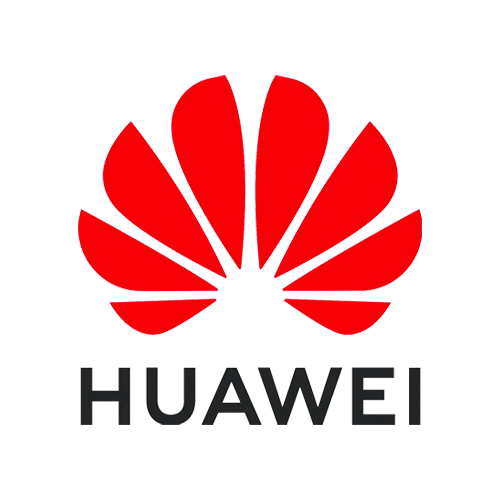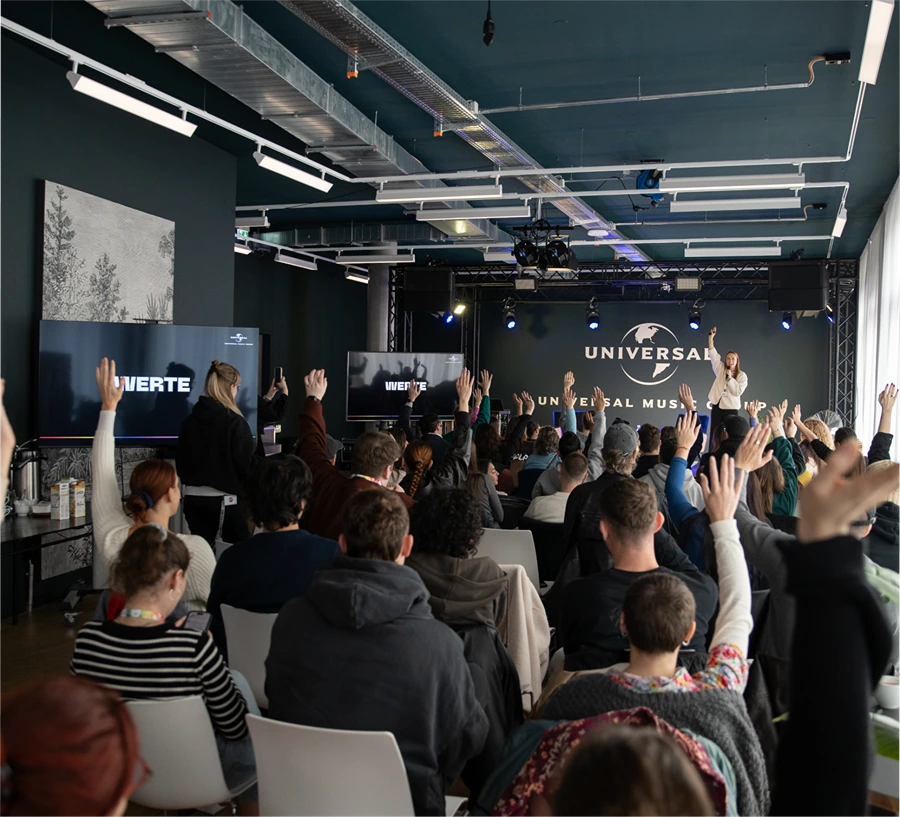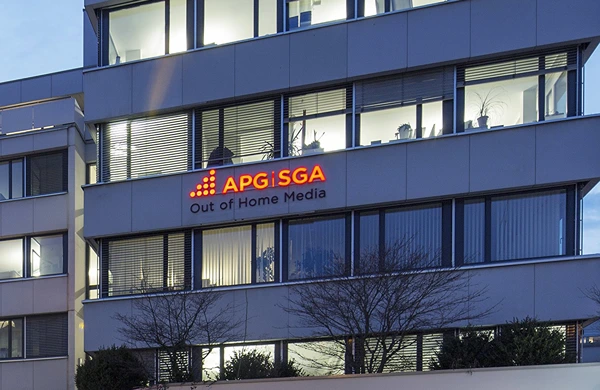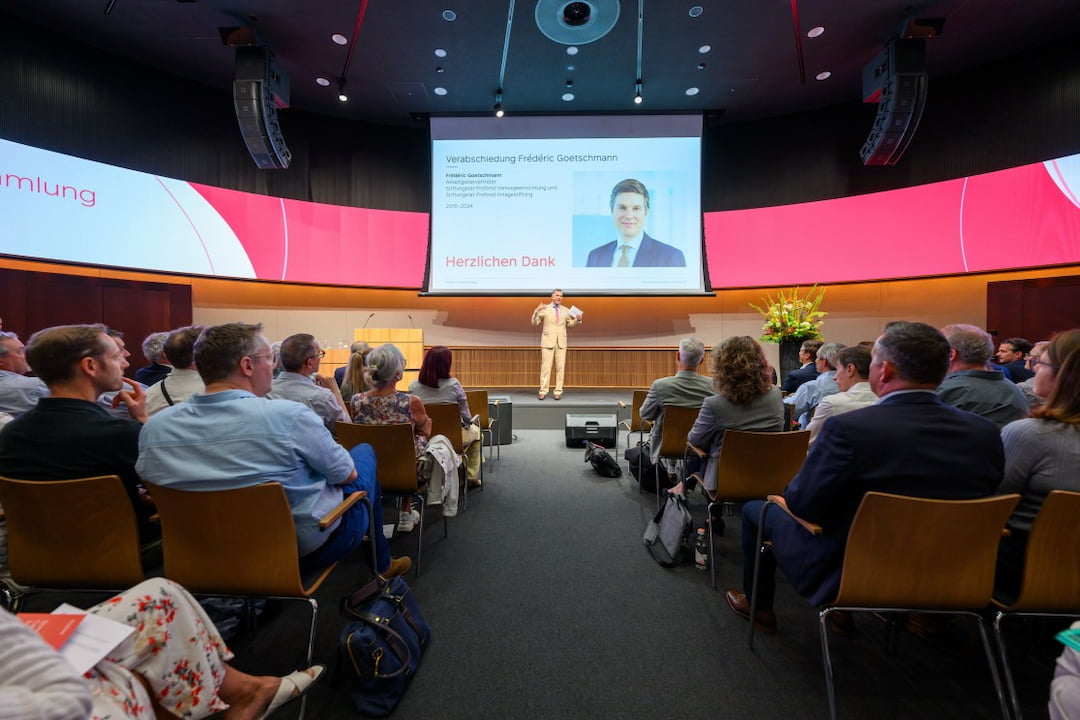B2B event marketing strategies 2025 — successful marketing in the digital age
B2B event marketing has undergone profound change in recent years. With the end of the pandemic, live events are making a strong comeback, but digital and hybrid formats remain relevant. The industry is increasingly using technology to optimize organization and participant experience.
This white paper highlights current trends, strategies and tools for successful B2B event marketing — from target group analysis and marketing measures to performance measurement and ROI.
Market analysis & trends
Digitalization, accelerated by the pandemic, has established hybrid events. Live events offer benefits such as direct personal exchange, while digital tools increase efficiency, reach and interactivity.
Key challenges for organizers:
- Technology integration — e.g. digital ticket systems, streaming platforms.
- IT & data security — GDPR-compliant collection and processing.
- Increased participant expectations — higher standards of program and experience.
Target group analysis as a success factor
A clear target group definition is the basis of every marketing strategy:
- Targeted approach — Tailor marketing measures directly to requirements.
- resource efficiency — Make optimal use of budget and time.
- Program adjustment — Tailor content and networking specifically for participants.
Methods range from industry and competition analyses to segmentation and the creation of buyer personas.
Effective event marketing strategies
event website
Central platform for information and conversion. Must be responsive, designed in event branding and easy to navigate — with clear CTAs for ticket purchase or event program.
email marketing
Personalized newsletters and automated campaigns increase retention and participation rates.
Streaming & video conferencing
Professional tools for digital and hybrid formats ensure seamless online participation and interaction.
Engagement & Interaction
Live polls, networking sessions, discussion panels and social events increase involvement.
Technologies & tools
Event management platforms combine organization, registration, participant management and analysis in a central solution. advantages:
- Drag and drop event websites
- Individual registration forms & ticketing
- Data analysis with KPIs
- Central team collaboration
Event planning & budgeting
Successful events are based on structured project management:
- budget planning — including venue, speaker fees, marketing, catering, IT costs.
- Timelines & milestones — clear responsibilities, emergency plans.
- Platform-based organization — from preparation to the day of the event.
Participant management & experience
personalization
From personalized emails to individualized agendas to tailor-made giveaways — individualization creates appreciation and increases the return rate.
Follow-up & retention
Feedback surveys, content summaries, networking events, and referral programs strengthen long-term relationships with participants.
Performance measurement & ROI
Measurement via KPIs such as number of participants, satisfaction, engagement and ROI. Benchmarking with previous year or industry figures provides potential for optimization. Event software makes it easier to collect and evaluate this data.
conclusion
B2B event marketing is more complex, but also more promising than ever. The combination of live events with digital tools enables unique experiences and sustainable participant loyalty.
A platform such as Evenito supports organizers in planning, implementing and measuring success — and thus creates the basis for successful events in the long term.
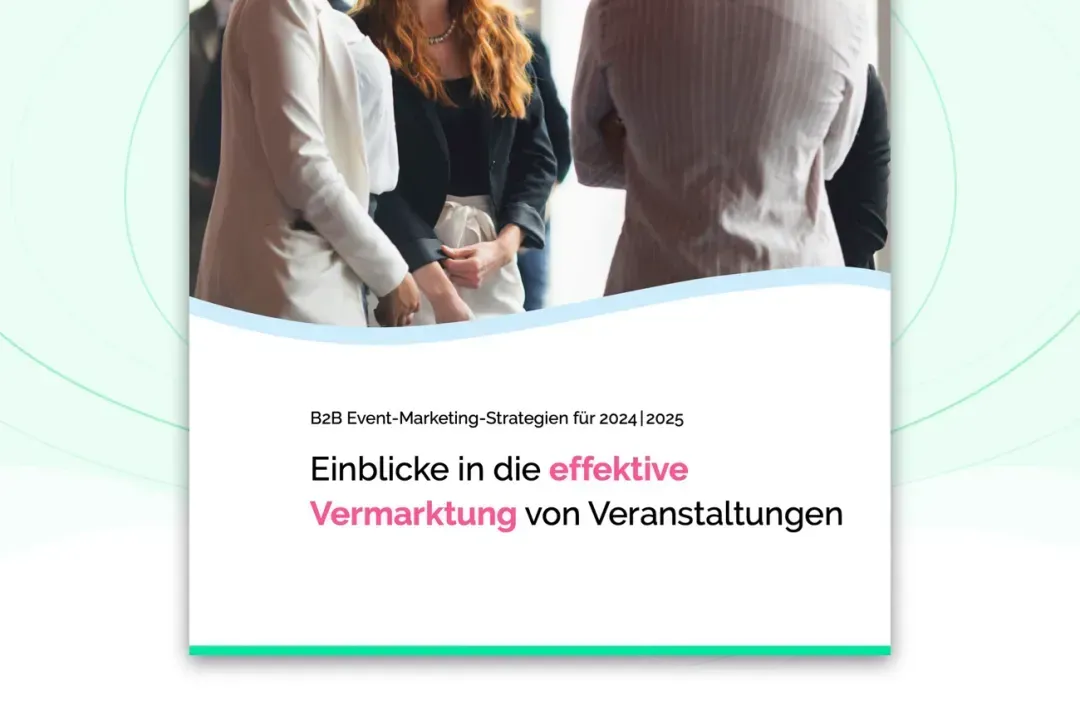
.svg)




.png)


.svg)
.svg)

.avif)








.webp)

.webp)





